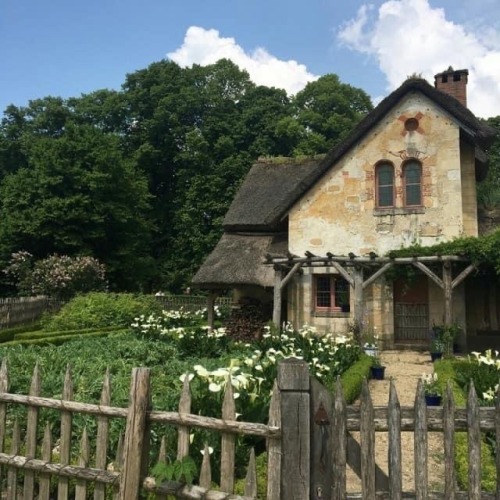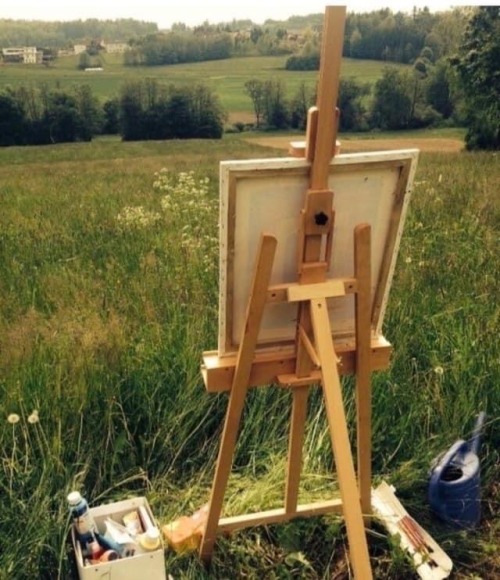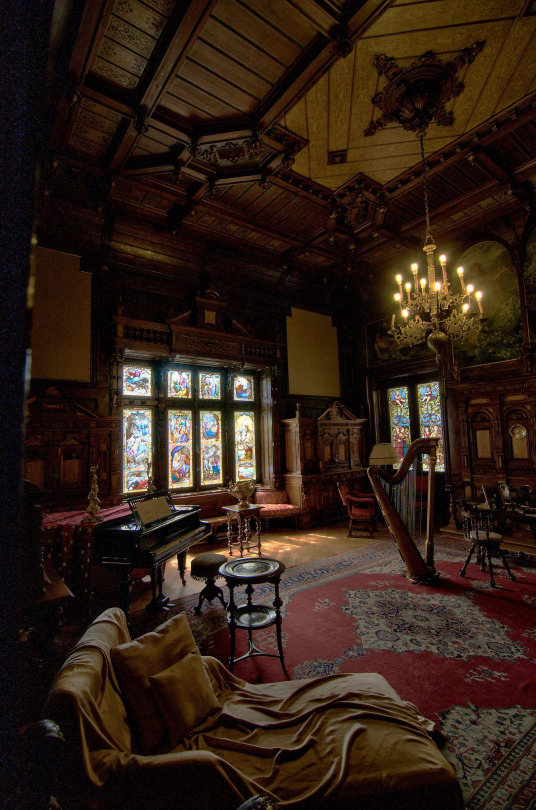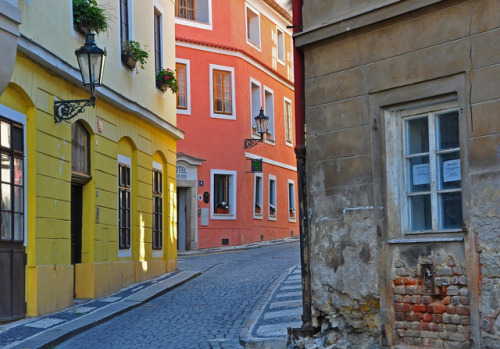To Be Free




to be free
More Posts from Theblogofwildfellhall and Others
mood: getting out of the opera house after watching a beautiful ballet, it’s snowing and christmas bells are finally ringing on the street while you are walking and holding hands with your significant other and your laughters are brighter than the stars above
LINDSEY STIRLING TIME


German is not that difficult as we think. Learning a new language is always a struggle in the beginning but with practice, it starts to become natural as our native language. In this post, I’ll give you some tips to start learning or improve your German.
Phonetics: start with learning the vowels and consonants. The vowels and consonants sound way different in German. Learn how to read the words, especially the ones with the umlaut: ä, ö and ü. They have an especial pronunciation and, if you want to be understood, learn them. For example, schon means already while one of the meanings of schön is beautiful.
Basic words and expressions: ja, nein, danke, bitte, auf Wiedersehen, ich, du and etc. This is a good start and they are very useful words. Move on to basics like ich bin, ich heisse…
Vocabulary: I would this is the most important thing in learning a new language. There’s no point knowing every grammar rule if you have nothing to say. Read texts and write every word that you don’t know. If it’s a substantive, also look for the articles (der, die or das) and the plural. You can use flashcards to help to memorize those words.
German cases: this is what people are afraid about learning German. I’m not gonna lie because this shit scared me as hell. Stop seeing it as a bad thing, because it’s not. First of all, you need to know the gender of the words so you can actually use them. If you don’t know the articles, you are going to use the cases wrong. Second, we use wich case after certain verbs and prepositions, so you also need to know how to use that stuff. Maybe soon I’m going to do a post explaining the four cases…
Listen: get used to the language. Music, tv shows, movies, podcasts, everything is very useful in this process. You might catch yourself while you are studying: hey, I remember this word from that song.
Don’t give up: stop thinking that you won’t learn German, because you will! Push yourself and study, because no one else will do that for you. It always seems impossible until it’s done. I’m here with you!
Le Passé Composé - Masterpost
The passé composé is the most commonly used past tense in French.
It is formed using the following formula:
subject + avoir or être (conjugated in the present tense) + past participle
Conjugating avoir and être
In the present tense, avoir (to have) is conjugated as follows:
je - ai ¹ | nous - avons
tu - as | vous - avez
il/elle/on - a | ils/elles - ont ²
In the present tense, être (to be) is conjugated as follows:
je - suis | nous - sommes
tu - es | vous - êtes
il/elle/on - est | ils/elles - sont
Forming the past participle
For regular -er verbs, drop -er and add -é (parler → parlé)
For regular -re verbs, drop -re and add -u (vendre → vendu)
For regular -ir verbs , drop -ir and add -i (finir → fini)
Forms of past participles:
Nearly all past participles use the following endings to indicate gender and number:
__Masculine__|__Feminine____
Singular | é / u / i | ée / ue / ie
Plural | és / us / is | ées / ues / ies
Common irregular past participles:
être (to be) → été
faire (to do, make) → fait ³
offrir (to offer) → offert ³
ouvrir (to open) → ouvert ³
naître (to be born) → né
mourir (to die) → mort ³
avoir (to have) → eu
boire (to drink) → bu
connaître (to know) → connu
coire (to believe) → cru
devoir (must; to owe) → dû
lire (to read) → lu
pleuvoir (to rain) → plu
pouvoir (can; to be able to) → pu
recevoir (to receive) → reçu
savoir (to know) → su
voir (to see) → vu
vouloir (to want) → voulu
venir (to come) → venu
mettre (to place) → mis ³
prendre (to take) → pris ³
conduire (to drive) → conduit ³
dire (to say)→ dit ³
écrire (to write) → écrit ³
asseoir (to sit down) → assis ³
Irregular verbs formed from other irregular verbs use the same base for their past participles:
mettre → mis; permettre (to permit, allow) → permis
ouvrir → ouvert; couvrir (to cover) → couvert
When to use avoir or être
The majority of French verbs use avoir in the passé composé. Default to avoir, barring the following exceptions:
The following verbs usually use être as its auxilary verb ⁴ in the passé composé. They often have to do motion, but not all verbs of motion use être . They therefore must be memorized.
aller - to go
arriver - to arrive
descendre ⁵ - to descend / go downstairs
entrer ⁵ - to enter
monter ⁵ - to climb
mourir - to die
naître ⁵ - to be born
partir ⁵ - to leave
passer - to pass
rester - to stay
retourner - to return
sortir ⁵ - to go out
tomber ⁵ - to fall
venir ⁶ - to come
All pronominal verbs, without exception, use être in the passé composé.
Agreement in the passé composé
Agreement with avoir
The past participle normally agrees in gender and number with the direct object (or direct object pronoun) if it precedes the verb, barring the exceptions that follow.
J’ai lu les lettres. (I read the letters.)
Je les ai lues. (I read them.)
J’ai ouvert les lettres. (I opened the letters.)
Les lettres qui j’ai ouvertes sont lá-bas. (The letters that I opened are over there.)
Exceptionally, the past participle does not have to agree with the direct object in causative constructions or with certain constructions with verbs of perception ⁷.
Je les a fait lire les lettres. (I made them read the letters.)
Les lettres que j’ai vu écrire. (I saw the letters get written.)
Agreement with être
The past participle must always agree with the subject with non-pronominal verbs that use être.
Elle est allée à la poste pour déposer les lettres. (She went to the post office to drop off the letters.)
Vous êtes parties de la poste avec les lettres. (You (f.pl.) left the post office with the letters.)
The past participle must agree with the reflexive pronoun of pronominal verbs when the reflexive pronoun is the direct object. It does not agree with the indirect object.
Elle s’est asisse à son bureau quand elle lisait la lettre. (She sat herself down at her desk when she was reading the letter.
Nous nous sommes envoyés des lettres. (We sent each other letters.)
Negating in the passé composé
Add the standard ne… pas construction around avoir or être, excluding the subject and past participle. Include objective and adverbial pronouns that precede the auxiliary verb ⁸. When using inversion, include the subject and the verb between the negative constructions.
Je n’ai pas écrit ces lettres (I did not write those letters.)
Je ne les ai pas écrits ces lettres. (I did not write them.)
Je ne suis pas allé à la poste pour déposer les lettres. (I did not go to the post office to drop off the letters.)
Je n’y suis pas allé. (I did not go there.)
N’êtes-vous pas retournés de la poste ? (Did you return from the post office?)
Questioning in the passé composé
Questions are formed in the passé composé using the inversion or est-ce que constructions.
Avez-vous déja écrit les lettres ? (Do you write the letters yet?)
Est-ce qu’ils sont allés à la poste ? (Did they go to the post office?)
Pourquoi n’avez-vous pas envoyé les lettres ? (Why did you not send the letters?)
Questions can be asked informally using standard SVO word order with a question tone at the end of the sentence.
Tu as déja envoyé les lettres ? (You sent the letters already?)
Translating the passé composé
The passé composé can be translated as [verb + ed], [to have + past participle] or [did / do + verb].
J’ai écrit les lettres. (I wrote / have written / did write the letters.)
¹ je and ai are elided as j’ai.
² Be sure to liaise the s and o to distinguish it from sont, the third person plural form of être.
³ These verbs use irregular past participle forms to indicate gender and number:
Fait, ouvert, offert, conduit, écrit, dit, and mort use the following:
_______|__Masculine__|__Feminine__
Singular | ∅ | e
Plural | s | es
Mis, pris, and assis use the following:
_______|__Masculine__|__Feminine__
Singular | ∅ | e
Plural | ∅ | es
⁴ when used intransitively. When they take a direct object, they use avoir instead.
⁵ These verbs can add re- to make verbs that indicate that the action was repeated; these derivatives use être as well.
⁶ venir has the following derivatives: devenir (to become), parvenir (to reach, achieve), and revenir (to come again, come back); these use être as well.
⁷ The six verbs of perception are apercevoir (to catch a glimpse of), écouter (to listen) entendre (to hear), regarder (to watch), sentir (to feel), and voir (to see); the past participle never agrees with the direct object of the infinitive; the past participle agrees with the subject of the infinitive when it precedes the verb.
⁸ Objective and adverbial pronouns precede the auxiliary verb and succeed the subject.
cities - tag yourself
paris: soft smiles, blooming flowers, lots of sunlight, stories swirling in your mind, cursive letters, piercing eyes, whispers filled with secrets
new york: gives zero fucks about others’ opinions, perfect eyebrows, no sleep, a bit sad inside, huge equal rights activist, red lipstick, artsy af, string lights, lots of coffee, high waisted jeans
london: new ideas, old architecture, a soft voice, flickering candles, intelligent eyes, loud laughter, dancing alone in your room, big dreams, hot tea
montréal: comfy socks, french bakeries, lover of books, bold thoughts, wide smiles, kinda broken, cute jackets, warm hot chocolate, cobblestone streets
tokyo: aesthetic af, pen sketches, bright colors, bold fashion, small yet powerful smiles, striving for greatness, cute glasses
rome: loves museums, kind words, tangled earbuds, a bit in love, bright eyes, artsy photos, likes history, open windows, probably sings in the shower

Peleș Castle in Sinaia, Romania.
-
 spoiltgal liked this · 1 month ago
spoiltgal liked this · 1 month ago -
 steviepeculiar reblogged this · 2 months ago
steviepeculiar reblogged this · 2 months ago -
 vaelunival liked this · 4 months ago
vaelunival liked this · 4 months ago -
 s-h-y-y-a-n-n-e liked this · 5 months ago
s-h-y-y-a-n-n-e liked this · 5 months ago -
 jabera-insp reblogged this · 11 months ago
jabera-insp reblogged this · 11 months ago -
 melodicarias reblogged this · 1 year ago
melodicarias reblogged this · 1 year ago -
 melodicarias liked this · 1 year ago
melodicarias liked this · 1 year ago -
 feverishunrest reblogged this · 1 year ago
feverishunrest reblogged this · 1 year ago -
 wtfwtfwtfwtfaf reblogged this · 1 year ago
wtfwtfwtfwtfaf reblogged this · 1 year ago -
 happinesscentral reblogged this · 1 year ago
happinesscentral reblogged this · 1 year ago -
 thespringtune reblogged this · 1 year ago
thespringtune reblogged this · 1 year ago -
 dearlybeloved-dreameater liked this · 1 year ago
dearlybeloved-dreameater liked this · 1 year ago -
 bunnylooselystrung reblogged this · 1 year ago
bunnylooselystrung reblogged this · 1 year ago -
 cobaltcupcakes liked this · 1 year ago
cobaltcupcakes liked this · 1 year ago -
 ladynoivern reblogged this · 1 year ago
ladynoivern reblogged this · 1 year ago -
 bonesmakenoise reblogged this · 1 year ago
bonesmakenoise reblogged this · 1 year ago -
 thingsstuffnuances reblogged this · 1 year ago
thingsstuffnuances reblogged this · 1 year ago -
 thingsstuffnuances liked this · 1 year ago
thingsstuffnuances liked this · 1 year ago -
 ahollowgrave reblogged this · 1 year ago
ahollowgrave reblogged this · 1 year ago -
 passingthetime reblogged this · 1 year ago
passingthetime reblogged this · 1 year ago -
 0nwaifuru reblogged this · 1 year ago
0nwaifuru reblogged this · 1 year ago -
 hannahgrrrace98 liked this · 1 year ago
hannahgrrrace98 liked this · 1 year ago -
 angelswan reblogged this · 1 year ago
angelswan reblogged this · 1 year ago -
 a-winter-tale liked this · 1 year ago
a-winter-tale liked this · 1 year ago -
 woven-birds reblogged this · 1 year ago
woven-birds reblogged this · 1 year ago -
 woven-birds liked this · 1 year ago
woven-birds liked this · 1 year ago -
 matt-the-second-coming reblogged this · 1 year ago
matt-the-second-coming reblogged this · 1 year ago -
 sadlittleleo reblogged this · 2 years ago
sadlittleleo reblogged this · 2 years ago -
 matt-theater liked this · 2 years ago
matt-theater liked this · 2 years ago -
 gettothedancing liked this · 2 years ago
gettothedancing liked this · 2 years ago -
 sacralimplication liked this · 2 years ago
sacralimplication liked this · 2 years ago -
 kquiarsh liked this · 2 years ago
kquiarsh liked this · 2 years ago -
 01lovehearts reblogged this · 2 years ago
01lovehearts reblogged this · 2 years ago -
 silvermagpies liked this · 2 years ago
silvermagpies liked this · 2 years ago -
 combefaerie reblogged this · 2 years ago
combefaerie reblogged this · 2 years ago -
 secretjardins reblogged this · 2 years ago
secretjardins reblogged this · 2 years ago -
 secretjardins liked this · 2 years ago
secretjardins liked this · 2 years ago -
 snailsnack liked this · 2 years ago
snailsnack liked this · 2 years ago -
 amandasheart liked this · 2 years ago
amandasheart liked this · 2 years ago -
 climbingrosecottage reblogged this · 2 years ago
climbingrosecottage reblogged this · 2 years ago -
 climbingrosecottage liked this · 2 years ago
climbingrosecottage liked this · 2 years ago -
 bigbidlo liked this · 2 years ago
bigbidlo liked this · 2 years ago -
 halfelfproblems reblogged this · 2 years ago
halfelfproblems reblogged this · 2 years ago -
 aorihoon liked this · 2 years ago
aorihoon liked this · 2 years ago
Emma. 27. A blog for Classic Literature, language learning, flowers, and aesthetic
117 posts


